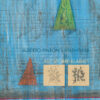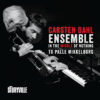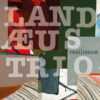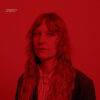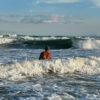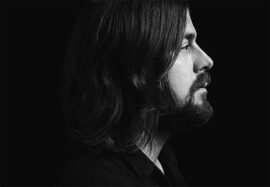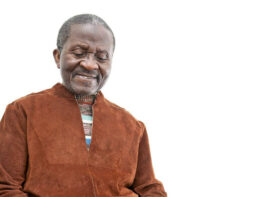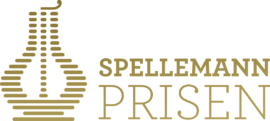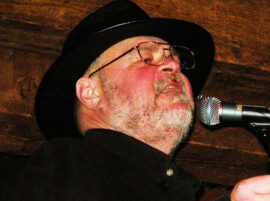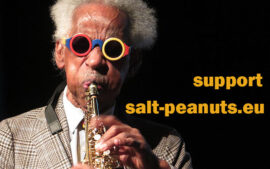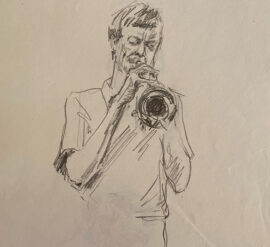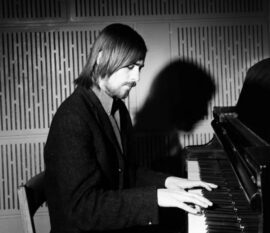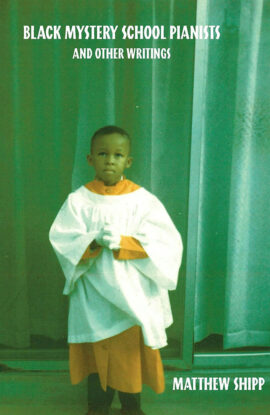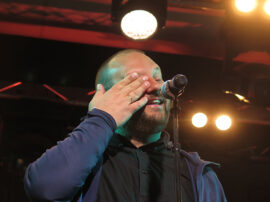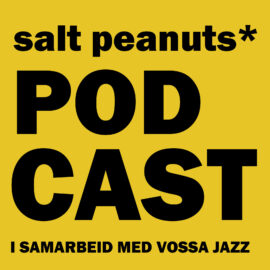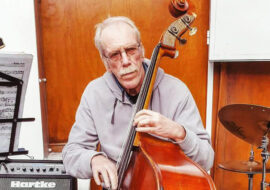
2021, the year when most of us spent in challenging and lonely Covid-19 lockdowns, was a fruitful year for British double bass player-free improviser-composer Olie Brice. Like many of his colleagues, Brice did not perform much but threw himself into researching, developing and refining his approach to composition. He studied thoroughly the scores of multi-horn writing of Julius Hemphill, Eric Dolphy’s synthetic scale construction (from Yusef Lateef’s book Repository of Scales and Melodic Patterns), found exciting connections between the polyphonic writing of the 15th-century composer and theorist of early Renaissance Guillaume Du Fay and the work of 20th-century avant-garde composer Luigi Nono, and enjoyed some insightful advice from chis close comrade Ingrid Laubrock (based on Henry Threadgill compositional techniques). Brice also composed during this tasking year music for an improvising string quartet that awaits to be released.
Eventually, Brice composed more music in 2021 than he had in his entire creative career. His third album as a bandleader, the double album Fire Hills (released by his own label), offers a set of his most accomplished compositions from that year for two bands – a trio with tenor sax player Tom Challenger and drummer Will Glaser, recorded at Fishmarket Studios in July 2021, and an octet with trumpeters Alex Bonney and Kim Macari, alto sax player Jason Yarde, tenor sax player George Crowley (Crowley and Bonney also play in Brice’s Quintet) and Rachel Musson, baritone sax player Cath Roberts and drummer Johnny Hunter, recorded at Lightship 95 in November 2021.
The title piece is the first composition from this new phase in Brice’s writing and appears in two versions by both ensembles, and originally composed for a trio of double bass alto sax and trumpet (see the first video below). It is the opening piece of the album of the trio, which was formed in 2020, and the last one of the album of the octet. Brice’s bass leads and anchors the music of the trio in the modern and free jazz legacy, with reserved authority and a strong and playful rhythmic sensibility (check «Extended Breath (for Eric Dolphy)». He balances wisely between the composed parts and the fiery and often abstract, improvised segments as well as balancing between an inquisitive and cerebral compositional approach («Something Seen (for Andrew Hill)») with openly emotional playing («Looking for the Possible Dance» and the touching and melancholic «Blues for Johnny Dyani»). The five pieces of the trio highlight the deep rapport that this trio has established in such a short time, the organic flow and the rhythmic drive of the music.
The octet album highlights even more Brice’s gifts as a composer and arranger who knows how to employ the distinct voices of the ensemble with its six horns as a mini-big band, through extended, nuanced textures and individual solos. The music for the octet captures faithfully Brice’s compassionate and non-hierarchial vision of music as the healing force of the universe. «Rotating Mirrors (for Julius Hemphill)» abstracts brilliantly Hemphill’s complex and dramatic voicings and overlaying polyrhythms. The following «Tidal License» experiments with forms of collective improvisation until all ensemble explores its full power. The last, title piece suggests a series of different, contemplative readings of the compositional theme by the horn players before the whole ensemble sings together the theme.
Eyal Hareuveni
Tom Challenger (ts), Olie Brice (b), Will Glaser (dr), Alex Bonney (tp), Kim Macari (tp), Jason Yarde (as), George Crowley (ts), Rachel Musson (ts), Cath Roberts (bs), Johnny Hunter (dr)


